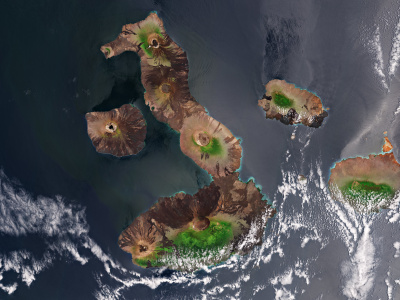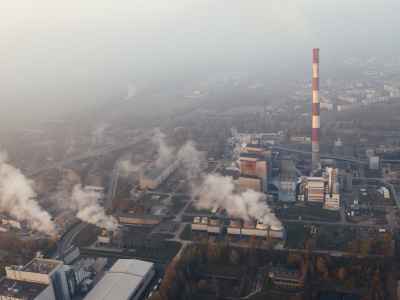
Africa-EU climate and energy diplomacy in times of geopolitical crisis

Authors
In twin papers, Poorva Karkare, Alfonso Medinilla, Hanne Knaepen and Koen Dekeyser cover the state of play on the climate debate between the EU and Africa focusing on green energy and industrialisation, and climate adaptation.
Summary
The EU’s green transition has remained broadly on track with key climate legislation passed to decarbonise its economy. External shocks such as the Russian invasion of Ukraine have changed the way the EU looks at energy security. In addition, the generally difficult geopolitical environment, given the less stable relations between China and the US, as well as competition with them, respectively, has led the EU to adopt a more assertive approach to protect its green transition interests.
The EU’s climate and energy agenda and its recent crisis measures risk exacerbating tensions with countries in the Global South that see the EU’s green transition as an exclusive project and a danger to their economic development.
While both the EU and Africa see climate change as an existential threat, climate diplomacy between the two continents has had a two-step-forward, one-step-backwards dynamic. Recently, African countries accused Europe of acting unilaterally and mobilising insufficient quality adaptation finance.
These twin publications cover the state of play on the climate debate in the EU-Africa partnership and make recommendations with regard to green energy and industrialisation, and climate adaptation.
In search of shared benefits: Europe and Africa in a global green transition
The paper argues that in a context where both the EU and Africa are trying to reposition themselves and catch up in their industrialisation, there is an opportunity for more mutually beneficial partnerships built on strategic investment around raw materials, green industrialisation and energy infrastructure.
EU climate adaptation diplomacy: Searching for common ground with Africa
The paper argues that in order to overcome persistent tensions and enable climate-resilient economic development in Africa, a major shift is needed. This implies, among others, that EU climate diplomacy ensures that African concerns are better integrated into EU climate policies and steps up adaptation finance.







